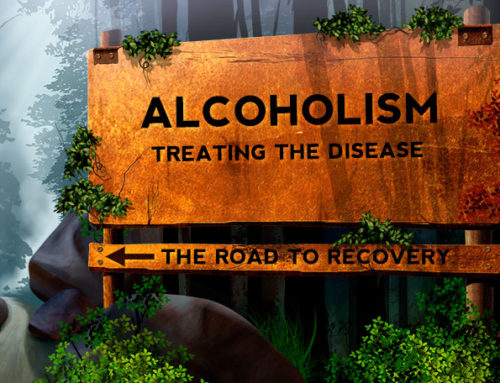Alcoholics Anonymous (AA) is known world-wide. It was founded by a man named Bill Wilson (“Bill W.”) and Dr. Bob Smith in 1934. Dr. Smith helped the then alcoholic Bill W. and helped to create a word-of-mouth group of people who would support each other in pursuit of lifelong sobriety. Within a year, there were nearly 100 members. It is estimated that now there are over two million active members worldwide.
Alcoholics Anonymous is the most communal of social structures. There are no dues, there are no rosters of attendees, and AA is not a recognized charity and is entirely self-supporting. Alcoholics are never turned away from a meeting for lack of funds and donations are only a request, not a demand or expectation. The General Service Office of New York, whose main goal is the printing of books and related literature and organizing conferences consists of only 40 people. For such an enormous organization, its staff is particularly minimal.
Alcoholics Anonymous has been used as the model for many 12-Step Programs with much success. Adult Children of Alcoholics (ACOA), and Al-Anon/Alateen run very similar programs aimed at the alcoholic populous. 12-Step Programs exist for people addicted to particular drugs: Cocaine Anonymous (CA), Marijuana Anonymous (MA), and Narcotics Anonymous (NA) are examples of these groups and are found far less often than AA meetings.
Additionally, 12-Step Programs for psychological problems also exist. Sexaholics Anonymous (SA), Gamblers Anonymous (GA), Workaholics Anonymous (WA), Co-Dependents Anonymous, and Overeaters Anonymous (OA) exist to focus on one particular issue.
These groups all work within the structure of AA, following the 12 steps with slight amendments made for the problem at hand. All groups promote abstinence rather than moderation, and all groups involve the invocation of a “higher power.” It is not unusual for a person to attend more than one type of meeting. For instance, a recovering alcoholic may attend his or her regular AA meeting, but also COA or CoDA meeting to deal with the issues brought up by other people in their life.



Recent Comments